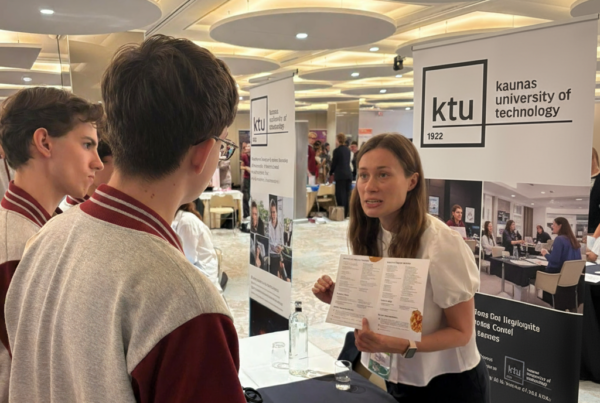With the COVID-19 pandemic disrupting the global events calendar, event organizers have been forced to adapt quickly to a new normal and shift their paradigm to virtual and hybrid formats. And as expected, this brings new challenges in turn for them – such as understanding how to rethink their events towards technology and how to keep their audience engaged.
Attendee engagement remains the biggest challenge for all event organizers, because if attendees stay engaged, they’ll experience events in a more positive way overall. And always remember that you can engage your attendees much before your event has started – as we’ve seen, it begins right with your event registration strategy.
Virtual engagement vs live engagement
We already took up some interesting facts about virtual & hybrid events and even wondered about what the future holds for lead generation and capture in events. But there’re still a few matters that need to be cleared up, regarding on how to engage people at virtual events or live stream sessions. It’s important to realize that it happens in a completely different way than on live events.
For example, the time periods in which people keep their attention at their peak are much shorter online. For your information, common researches of the attention span of healthy adults range from 10 to 20 minutes only, so imagine adding the factor “screen fatigue” to that stat. Also, the ease of a face-to-face networking isn’t something that can be replicated in a digital world.
So, event organizers should take these factors into account when looking at how to keep a heterogeneous audience interested in new event formats, because as time goes on people will don’t expect less than great alternatives. And organizations now expect to report better insights, so they can demonstrate their event ROI more effectively.
How to boost attendee engagement & create custom experiences for events
Whether in a virtual, hybrid or live environment, your event should take advantage of the several opportunities for connection and exchange of experiences. Moreover, a substantial part of them can actually be supported by potential sponsors, who are also a concerned party in engaging with attendees. Let’s check some clever advice on how to engage your audience and keep them with you:
1. Make your virtual audience feel included
Think virtual first! Successful virtual/hybrid events usually provide an engaging experience for their remote audience. Assuming that your live events are already sharing contacts in a dynamic way, a good idea to keep your virtual audience actively participating is to appeal them with challenging activities or to offer them some premium content.
2. Don’t dismiss the Q&A’s
Running a successful live Q&A session throughout your virtual/hybrid event will keep your audience focused on the message you wanted to spread. Apart from being highly interacting, this tip works both for your in-person and virtual audiences. Remember, interaction (whether live or virtual) always brings a feeling of closeness.
3. Get the most out of polling
In the case of live events, poll sessions are a proven way of getting more in-session feedback from attendees. That’s why you see plenty of virtual/hybrid events taking the same view. Just bring your team together for a brainstorming and think if there’s anything different that can be done for a virtual poll.
4. It’s time to get in the game
Gamification is becoming a must-have for any event. It’s a funny way to achieve higher levels of engagement, gain new business opportunities (that can be followed-up afterwards), increase the attendance of different sessions, improve brand awareness and to get higher post-event survey completion rates (that are crucial to gather feedback on the attendee experience).
5. Look for event tech partners
Everyone knows it already – the world must turn to technology to adapt. And the fact is that technology has become more powerful than ever, reaching a deep understanding of people, their experiences and their security. Therefore, event tech partners will play a critical role in meeting new event management strategies and challenges.








